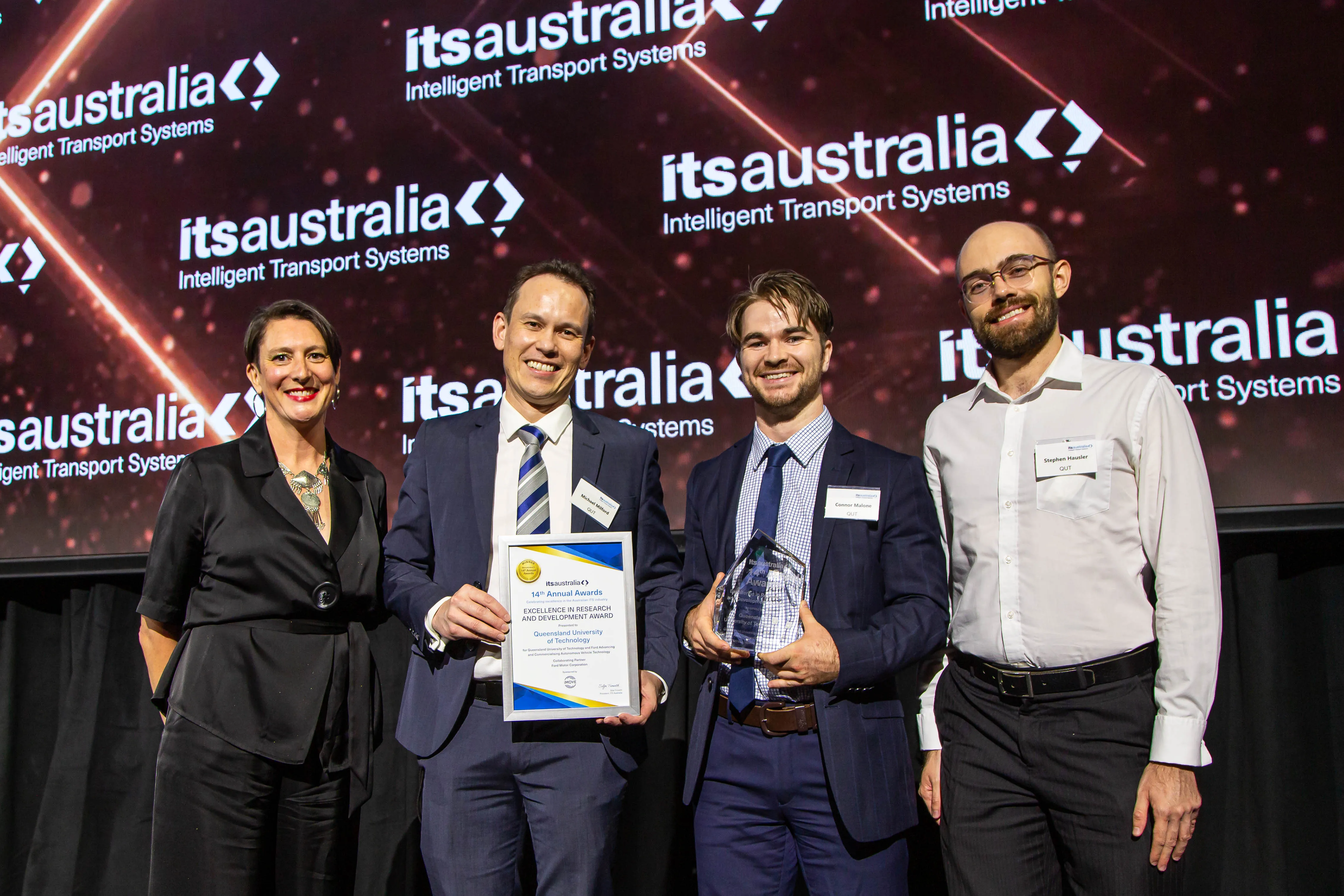Navya is promoting its new Arma driverless, autonomous electric vehicle, which it launched last October. The shuttle vehicle, which can carry up to 15 passengers at speeds up to 45km/h, is now operating at the French nuclear power station at Civaux, transporting employees around the site.
April 5, 2016
Read time: 1 min

The shuttle vehicle, which can carry up to 15 passengers at speeds up to 45km/h, is now operating at the French nuclear power station at Civaux, transporting employees around the site.
The intelligent vehicle surveys its surroundings, detects any obstacles and steers around them. Navya is in the Elicium area.









